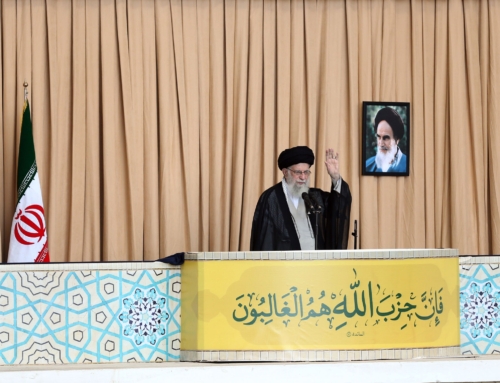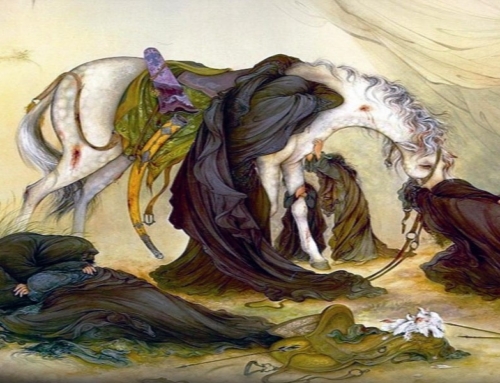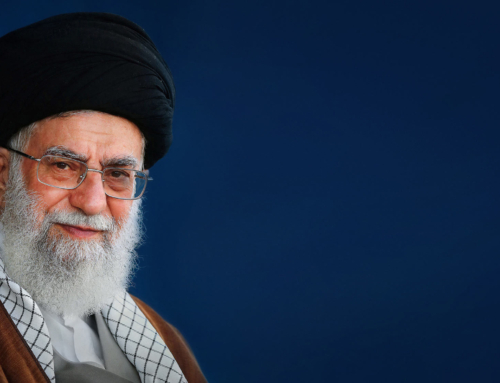There’s something delightfully tragic about being educated. It’s a bit like owning a finely tuned instrument no one cares to listen to, or learning a dead language just to have people laugh when you speak it. Let me tell you a story about life—a story not so much about what I learned, but about how little that learning seemed to matter.
I graduated as a pharmacist in Australia once upon a time. Those were heady days of achievement, my mind packed with meticulously memorized doses, contraindications, and pharmacokinetics. A respectable profession, too—medicine-adjacent but without the nightmarish hours of clinics and rounds. My white coat was my badge of competence, my graduation certificate proof that I’d earned a place at the table of informed decision-makers.
Not long after, I travelled overseas to visit family. In the Holy City of Qom, a city as ancient and revered as it is bustling and contradictory, we made a pilgrimage to the shrine. It was a day marked by reverence, until the triviality of a headache disrupted the solemnity.
One of our companions rooted through their bag and pulled out a packet of painkillers. They announced their intention to take one pill and leave it at that. But I, ever the diligent pharmacist, noticed that the chosen dose was laughably subtherapeutic. “You’ll need three tablets to make it effective,” I advised with the calm precision of someone who knew.
The reaction I got wasn’t gratitude or even curiosity. It was as if I’d suggested she down an entire pharmacy. Three tablets? That’s outrageous! Absurd! Surely I couldn’t be serious.
I shrank into my chair, the proud graduate reduced to a chastened child. My carefully cultivated expertise, the years of rote memorization and practical application, evaporated under their collective scoffing. The message was clear: what I knew didn’t matter. What mattered was what they believed.
Fast forward three decades. Life had its twists and turns, and I ended up moving to the Holy City of Qom. This time, I wasn’t there as a tourist but as a student. I spent a decade immersed in Islamic Studies, earning a Master’s and sharpening my understanding of theology, jurisprudence, and Usool. I waded into Quranic exegesis and parsed narrations with the precision of someone used to reading fine print on prescription labels.
And yet, something about human nature remained frustratingly constant. When I explained a theological principle or pointed out a fallacy in reasoning, the responses often bore an eerie resemblance to that day at the restaurant. People smiled indulgently, shook their heads, or outright dismissed me. It didn’t matter that I’d spent years studying these subjects; what mattered was that my words didn’t validate their preconceived notions.
It was a harsh realization: most people don’t want to learn. They want to be reassured that they already know. Disagreement isn’t seen as a chance to expand one’s understanding; it’s treated as an affront, a personal attack. Expertise is meaningless if it doesn’t align with their worldview.
I used to think moments like these were failures—failures of communication, failures to earn respect. Now, I see them for what they are: reminders of the stubbornness of human nature. Most people aren’t looking for knowledge; they’re looking for confirmation. And if you’re not offering that, well, you must have no idea what you’re talking about.
Life, I’ve come to learn, isn’t about proving others wrong or yourself right. It’s about carrying on anyway. You offer what you know, and whether it’s embraced or rejected, you move forward. Knowledge isn’t a weapon; it’s a gift. But like any gift, its value lies as much in the giving as in the receiving. And sometimes, you give knowing it will be left unopened.






